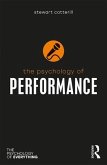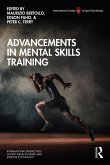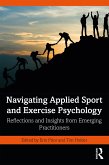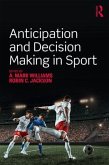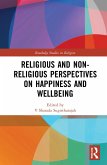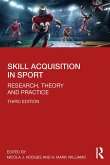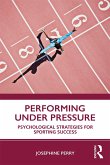Anyone who has ever competed in a sport, taken an exam, or appeared on stage understands the importance of performing at the right time. Those who excel in these conditions often develop ways to cope with the stress involved, but what cognitive and emotional strategies allow some people to thrive under pressure whilst others are inhibited by it?
In Performance Psychology: Theory and Practice, Stewart Cotterill examines not only how stressful situations can affect performance, but also the means by which we can reach our potential regardless. Featuring chapters on decision-making, emotion, resilience and mental toughness, cognition and perception, ageing and experience, confidence, and recovery, this is the definitive textbook in the field, mapping the core theoretical concepts but also offering practical guidance on how performance can be improved. Also including chapters on motor skills and nutrition, it is a complete and comprehensive overview of this growing field of study.
Including study questions and further reading in each chapter, Performance Psychology: Theory and Practice will appeal not only to students and researchers across applied psychology, but also coaches and performers looking for ways to realize their potential when it really matters.
In Performance Psychology: Theory and Practice, Stewart Cotterill examines not only how stressful situations can affect performance, but also the means by which we can reach our potential regardless. Featuring chapters on decision-making, emotion, resilience and mental toughness, cognition and perception, ageing and experience, confidence, and recovery, this is the definitive textbook in the field, mapping the core theoretical concepts but also offering practical guidance on how performance can be improved. Also including chapters on motor skills and nutrition, it is a complete and comprehensive overview of this growing field of study.
Including study questions and further reading in each chapter, Performance Psychology: Theory and Practice will appeal not only to students and researchers across applied psychology, but also coaches and performers looking for ways to realize their potential when it really matters.


